Surrogacy is whereby a woman agrees to carry and give birth to a baby for a couple or single person, who for whatever reason, are unable to have one themselves.
The most common form is gestational surrogacy, which means that the baby the surrogate mother is carrying is not biologically hers. Often it belongs to the couple who are the intended parents or made with a combination of their gametes and/or donated sperm or eggs.
It is usually used in situations when an infertile couple or individual can’t have children of their own or for LGBTQ+ couples or individuals who want a baby. However, the practice is often denounced and has a bad reputation because some women who agree to be surrogate mothers are in vulnerable situations and only agree to it for the money, as well as the fact that many celebrities have chosen to go down this route.
READ ALSO – KEY POINTS: Spain’s new sexual and reproductive health law
The latter caused a big issue in Spain this week when it was revealed that 68-year-old Spanish actor Ana Obregón had become the mother of a baby girl born through surrogate pregnancy.
Spain’s leftist government slammed the practice of surrogacy and Equality Minister Irene Montero called surrogacy “a form of violence against women”, before adding that women who bear a child for someone else are often poor and need the money. “Let’s not forget the reality of these women who live in precarity, in situations of poverty,” she said.
But what exactly are the laws on surrogacy in Spain?
In simple terms, surrogacy for whatever reason is illegal in Spain
In fact, Spain’s new sexual health and reproductive law, known as the ‘ley de abortos’ which was approved in 2022 recognises surrogacy as a form of violence against women and states that the advertising of agencies that offer these services abroad is prohibited.
However, Spaniards who want to have a child via a surrogate, like Obregón, can still go abroad to do it and bring the baby back to Spain where they can adopt it.
Like in Spain, surrogacy is outlawed in many EU countries but it is legal in places such as the UK, the US (although it’s only legal in certain states), Canada, Greece, Ukraine and Georgia. In some countries like the US, Ukraine and Georgia commercial surrogacy is allowed, where the woman can get paid for carrying a baby, but in the UK and Canada for example, it can only be done altruistically, and intended parents can only pay for reasonable medical expenses.
For foreign residents in Spain who want a baby via surrogacy, the issue becomes somewhat tricky. The best option is most likely to do the surrogate process in your home country, providing it’s legal there, but you may still come up against problems if you’re not resident in your home country. This is because many countries have different laws when it comes to recognising the parents of a baby born to a surrogate.
For example, in order to go through surrogacy in the UK, UK law states that you must be domiciled in the UK for at least one year.
READ ALSO: What are the rules on IVF in Spain?
Some specialised surrogacy lawyer services in the UK such as NGA Law state, however, that this doesn’t actually mean you have to be a resident, only that one day you plan to return to the UK to live permanently and can prove your domiciled. This, however, may require several court cases to prove where you are domiciled, so it’s not a straightforward option.
If you go abroad for surrogacy to a country that is not your own, there may be issues taking your baby out of the country and into Spain. Firstly, your baby will need a nationality and a passport, as well as some type of legal ruling stating who the parents are. Babies born to a surrogate won’t often receive nationality from the surrogate mother, instead, they will usually be granted the same nationality as the intended parent or parents through several legal steps.
Different countries have different laws and when and how this is possible. For example, in the UK, the UK government website states that “If your surrogate gives birth abroad, you can only apply for a parental order if you and your partner are living in the UK”.
If you go to a country like the US, the process might be easier if you’re American. If you’re from elsewhere your baby will be granted US citizenship as it was born there, but you will still have to go through the legal process of getting the baby your own citizenship and residency in Spain. Foreign residents are also allowed to go through the adoption process in Spain.
If you’re a foreigner living in Spain and considering surrogacy, the best option is to look at the laws in your home country and in the country where you plan on doing the process, as well as contacting a lawyer specialised in surrogacy.


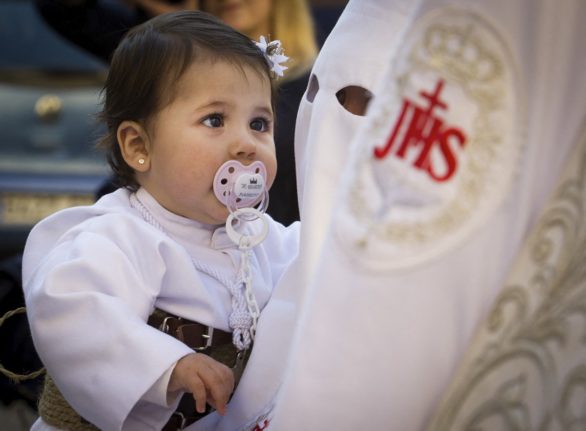
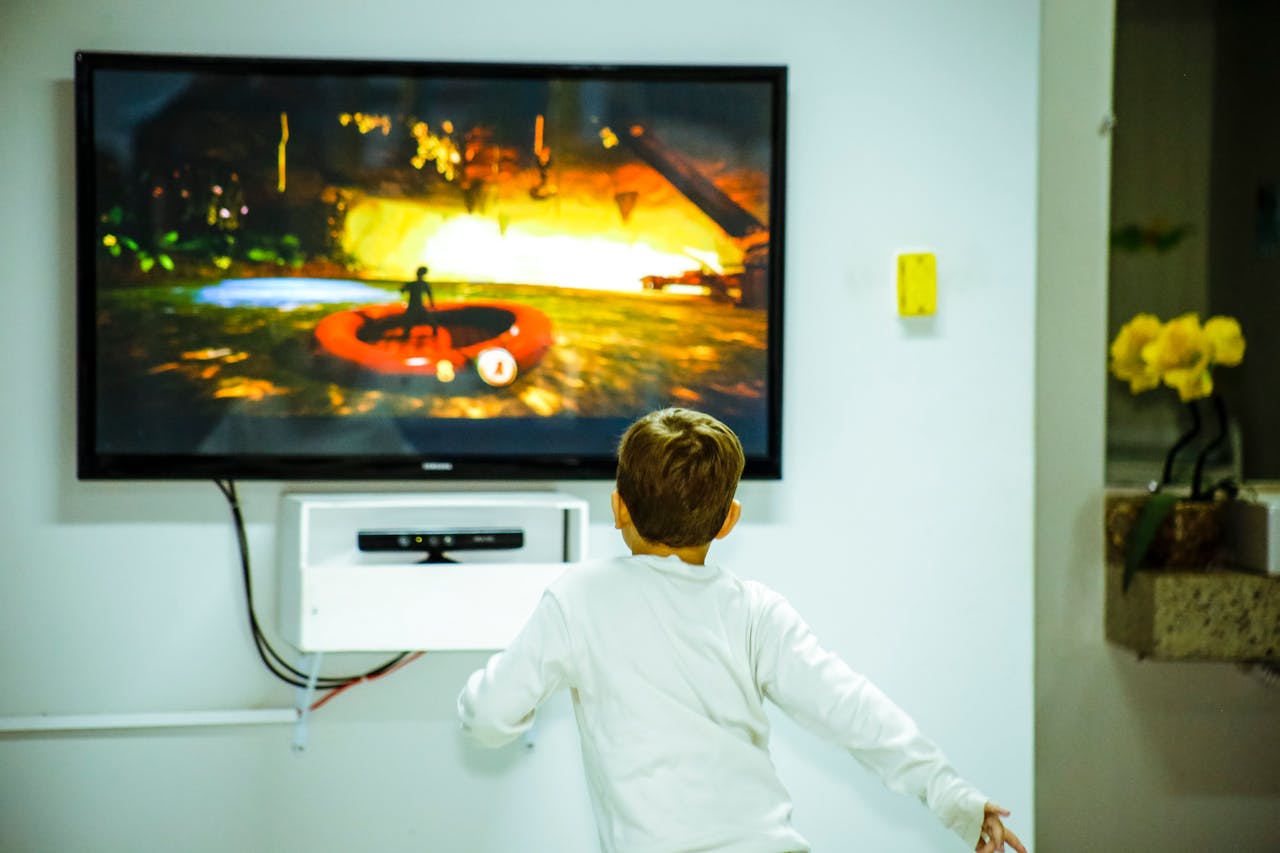

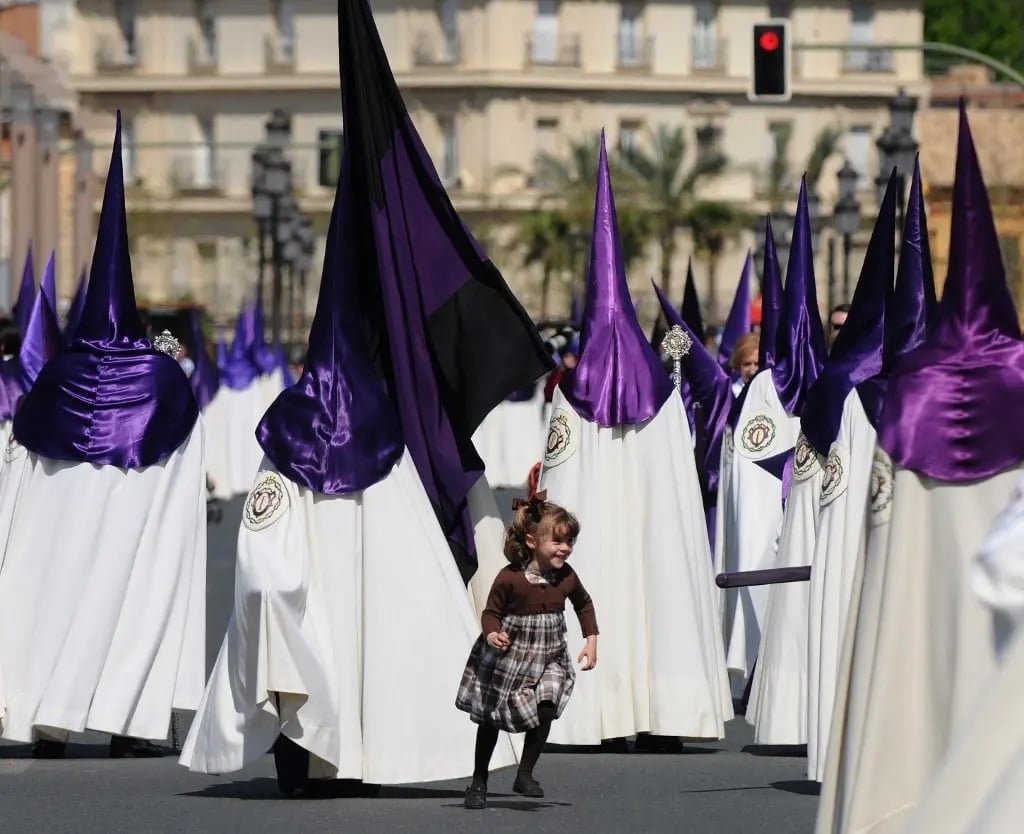

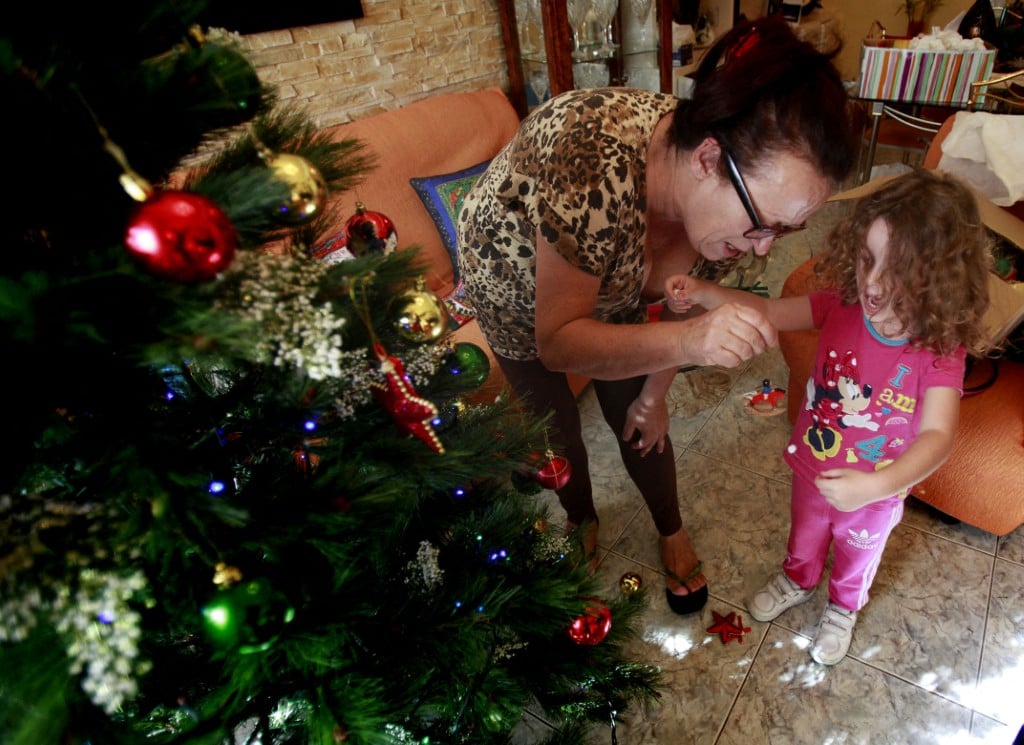
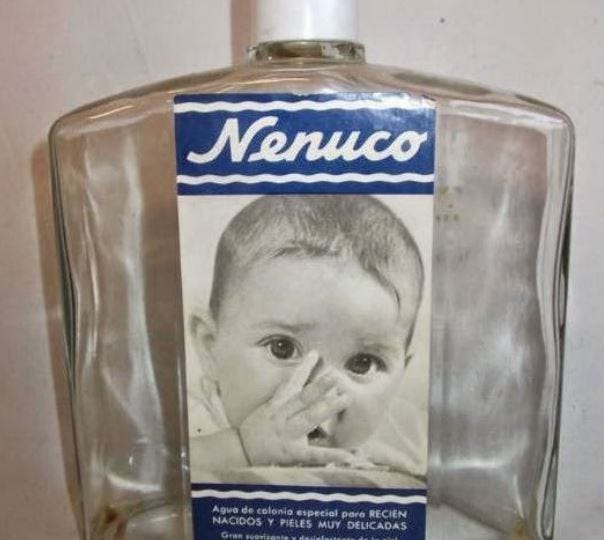
 Please whitelist us to continue reading.
Please whitelist us to continue reading.
Member comments